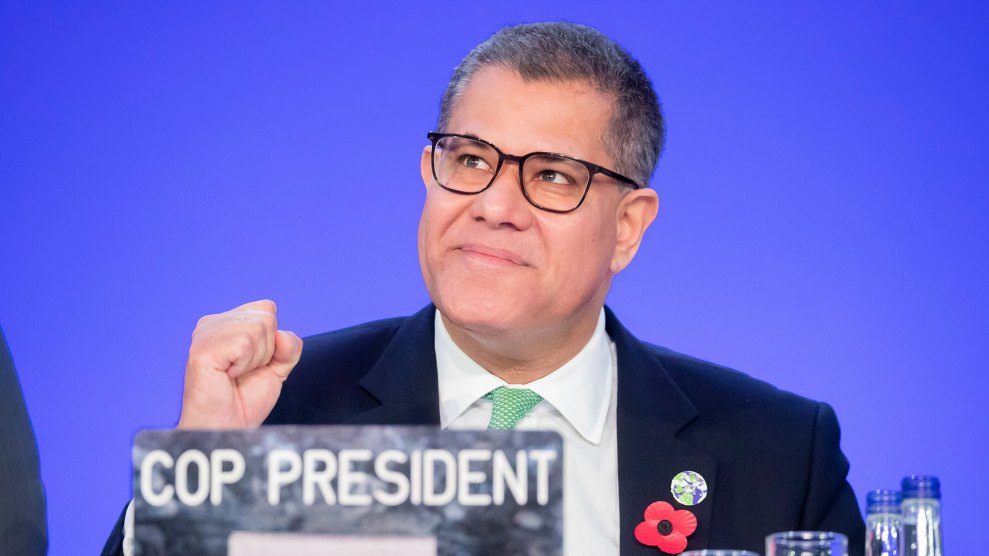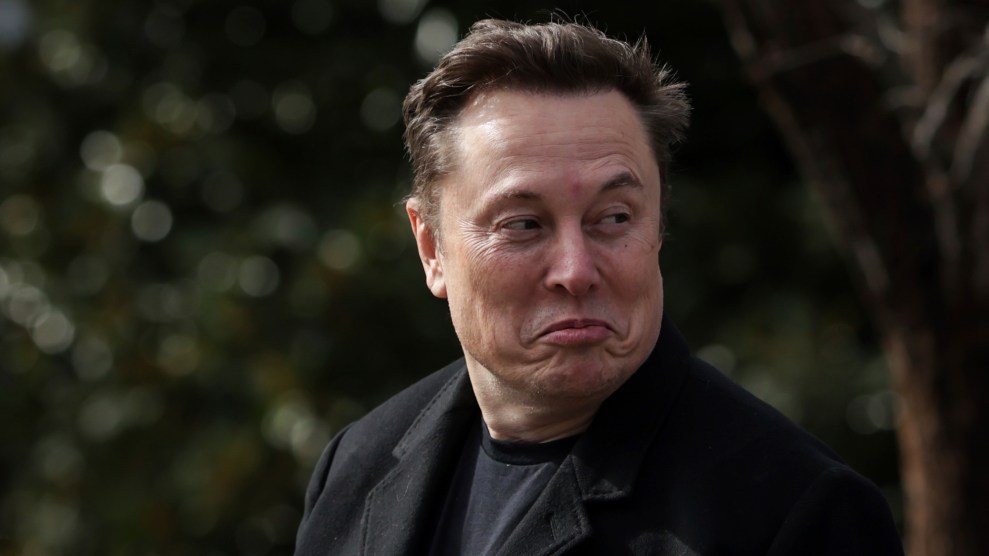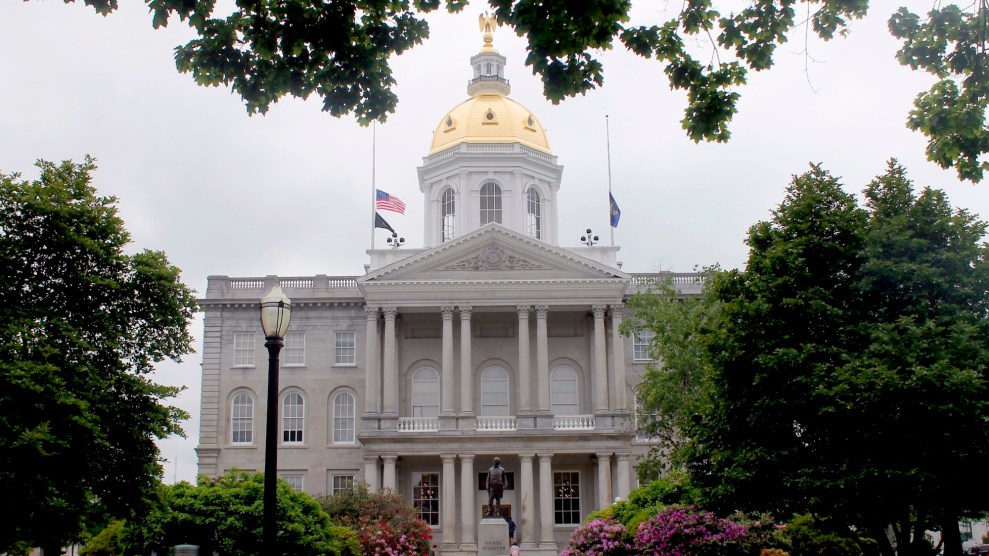
Christoph Soeder/AP
After two weeks of negotiations, representatives from almost 200 countries at the COP26 climate talks in Glasgow hammered out an agreement Saturday, laying out measures the world could take to prevent a cataclysmic rise in global temperatures.
As the New York Times reported:
The new deal will not, on its own, solve global warming, despite the urgent demands of many of the thousands of politicians and activists gathered at the climate summit here. It leaves unresolved the crucial question of how much and how quickly each nation should cut its emissions over the next decade. And it still leaves many developing countries far short of the funds they need to build cleaner energy and cope with increasingly extreme weather disasters.
The talks underscored the complexity of trying to steer scores of countries, each with their particular economic interests and domestic politics, to act in unison for the greater good.
But the agreement established a clear consensus that all nations need to do much more, immediately, to prevent a catastrophic rise in global temperatures. It outlined specific steps the world should take, from slashing global carbon dioxide emissions nearly in half by 2030 to curbing methane, another potent greenhouse gas. And it sets up new rules to hold countries accountable for the progress they make — or fail to make.














